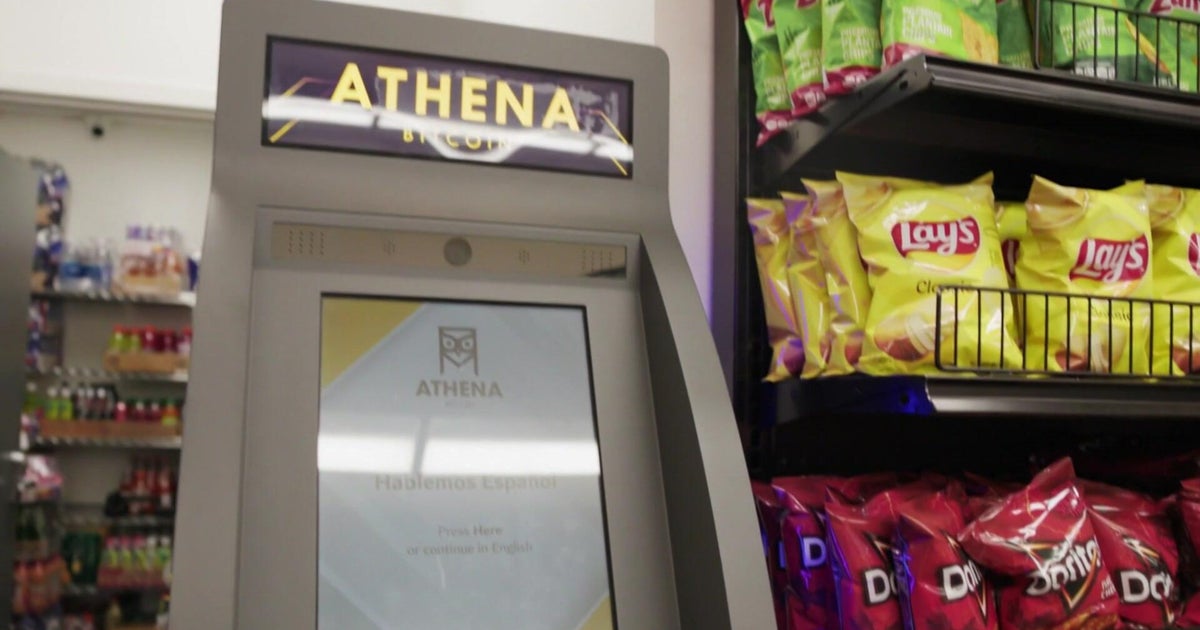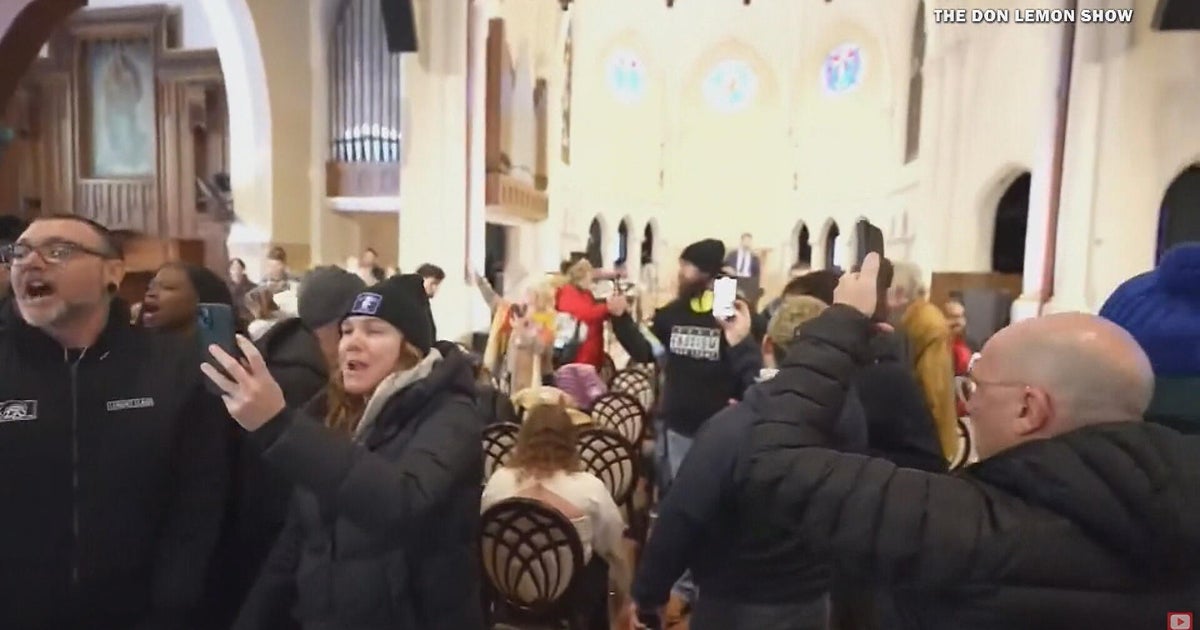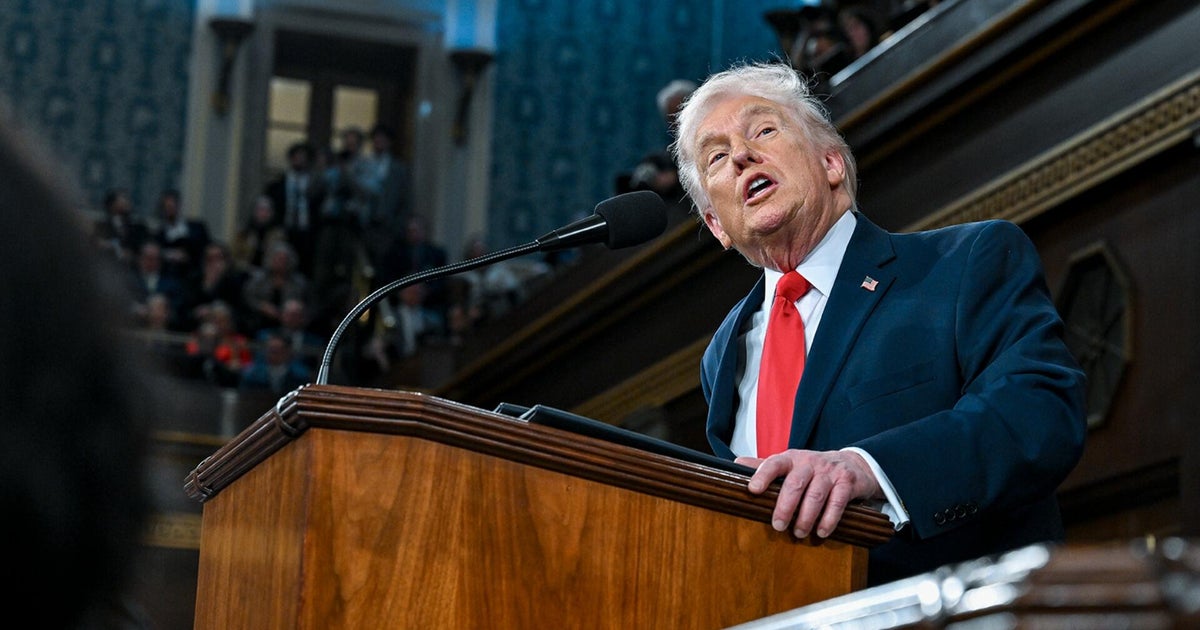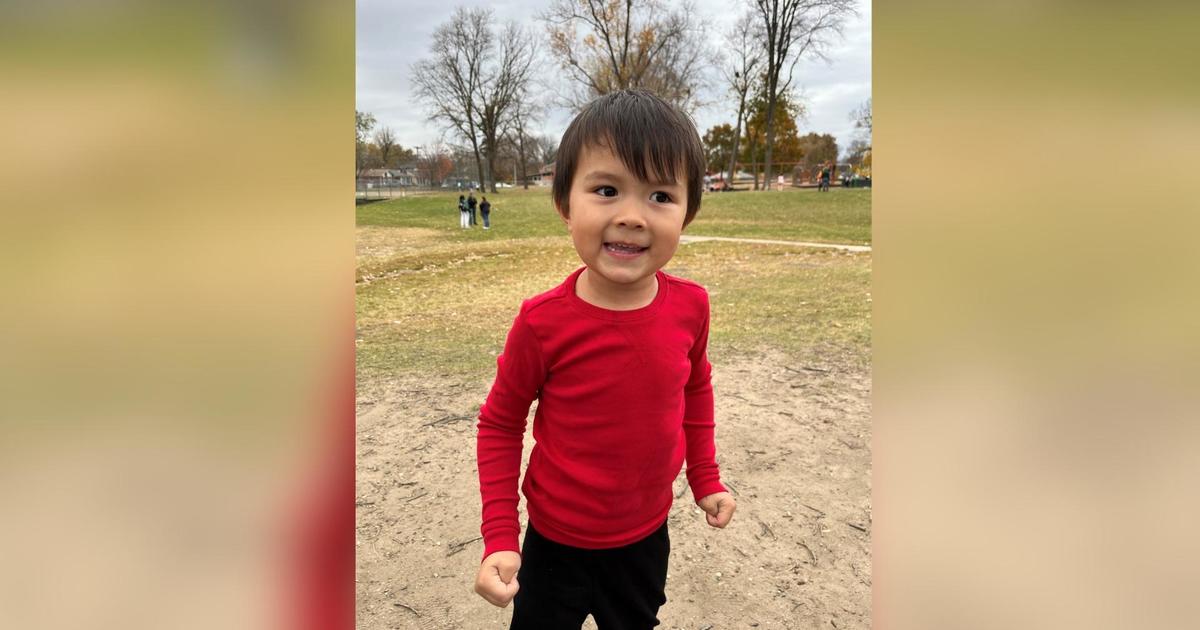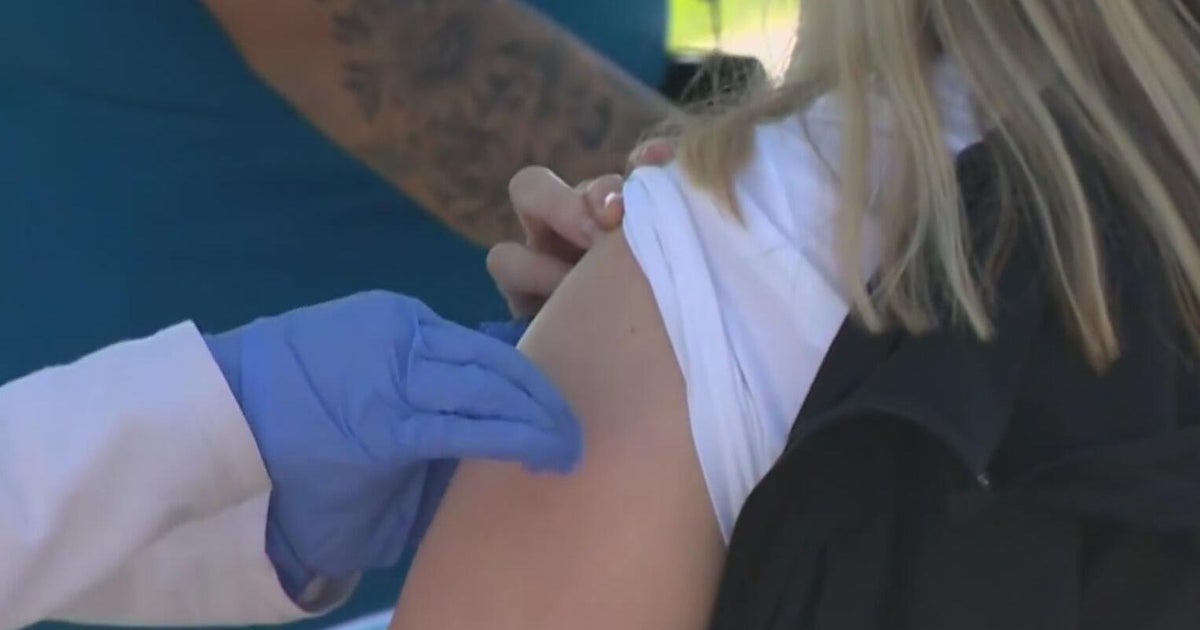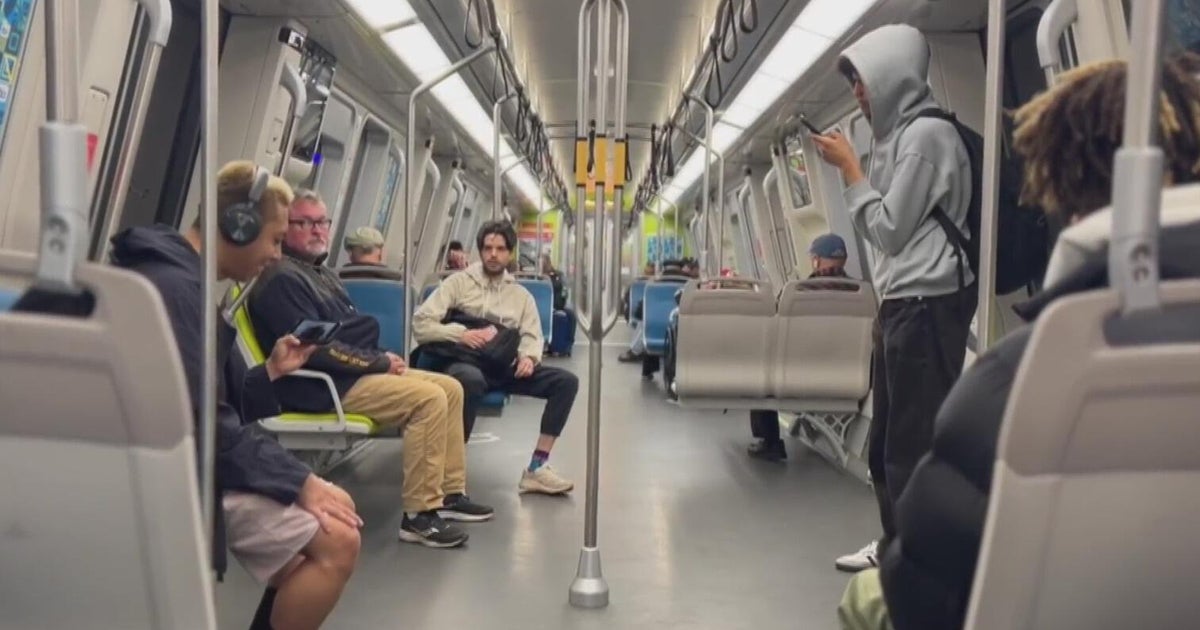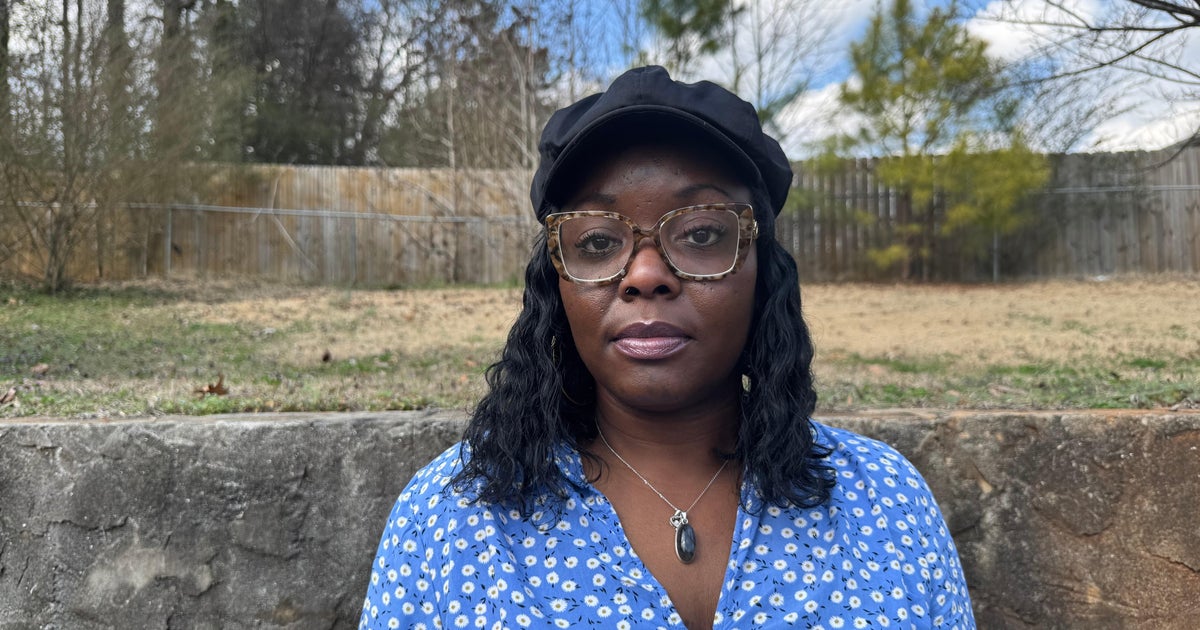Minnesota nursing homes receive first direct payments from emergency funds passed by legislature
COON RAPIDS, Minn. -- Gov. Tim Walz and state lawmakers on Tuesday celebrated a one-time infusion of state cash to keep nursing homes afloat, following an industry warning that some would be at risk of closure without a state lifeline.
"We're certainly not here to take a victory lap in and of itself, but to highlight that solutions can be found, problems can be solved," Walz said during a visit to Park River Estates Care Center in Coon Rapids.
Part of an end-of-session deal included $173 million for direct assistance, which is two payments of at least $225,000 for 340 facilities. The first round of money went out at the beginning of this month; nursing homes will see an additional payment next year.
But the impact is beyond dollars and cents: A boost to nursing homes supports 24,000 spots for residents in those facilities, according to the governor's office.
Park River Estates' payments exceed $311,000—some facilities receive more assistance depending on their capacity. Program director Steven Chies said the support gives his center the ability to "catch up on different things" as the pandemic hit hard.
"During the three years of COVID is we compressed 10 years of employee turnover into three years," he explained.
The law allows the funding for covering debt payments, closing lines of credit, and building improvements.
The move comes at a time when one survey suggests 42% of nursing homes and assisted care facilities have six months or fewer until all reserves dry up, according to LeadingAge Minnesota. Some have already spent all they had.
"We're really hopeful that the things we did in the 2023 legislative session make a big difference for not just the nursing home administrators, but the people who work in the facilities and then ultimately the residents themselves," said House Speaker Melissa Hortman, DFL-Brooklyn Park.
Kari Thurlow, president and CEO of LeadingAge Minnesota, praised the step as much-needed relief, but noted that the state resources cannot help with ongoing expenses because they'll expire next year.
"We would say that the funding is very needed in light of the financial crisis that we face. I think we wish it would have been done sooner in the legislative session than it was—it was one of the last packages that passed before they adjourned," she told WCCO. "It will be helpful. We are grateful. And I want to underscore that. But it is also only one-time money."
Indeed the funding was part of a last-minute deal at the capitol that was overwhelmingly bipartisan, but not before a political battle over the details of just how much money should be allocated in the more than $17 billion surplus to help.
Republicans threatened to derail passage of an infrastructure package—which required GOP buy-in—if there wasn't an agreement to shore up nursing homes on the brink of closure.
That rescue package also included funding for the recruitment and retention of workers, as providers grapple with thousands of job openings. Thurlow said the industry is 20% short of the amount of workers to care for seniors in the state.
Sen. Jim Abeler, R-Anoka, joined Democrats in Coon Rapids Tuesday to tout the legislation and its bipartisan backing, but said it still fell short of what's needed to ensure stability. He worried if there'd be additional money left on the table for additional support next year.
"This will have to be a priority that survives all the tests of cutbacks anywhere because it's just that important," he said. "This truly is life and death. This truly is your grandma or your mom feeling secure going some place where they're going to be safe."
Meanwhile House Minority Leader Lisa Demuth in a statement was blunt: She called the media event hosted by the governor's office "disingenuous" because her DFL colleagues didn't prioritize aging Minnesotans this session.
The persistent problem, those in the industry note, is the delay in Medicaid reimbursement for the costs nursing homes incur. Facilities wait 18 months before they are paid back, which is a "long time when you don't have reserves, or cash on hand, or are financially fragile," said Thurlow.
Leaders acknowledged this gap on Tuesday and said it will be a focus of theirs next year. There is a loan program allowing 0% interest loans to ease the burden in the meantime.
"We're working on how can we speed that up," Hortman said.

